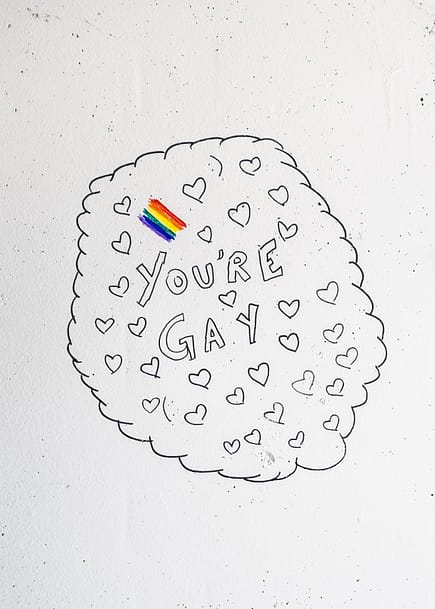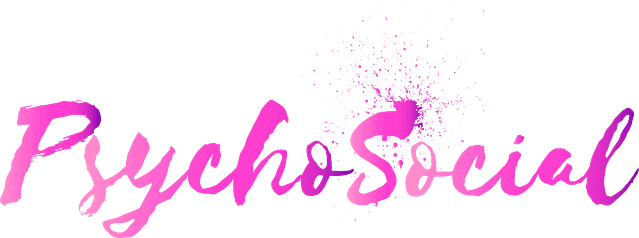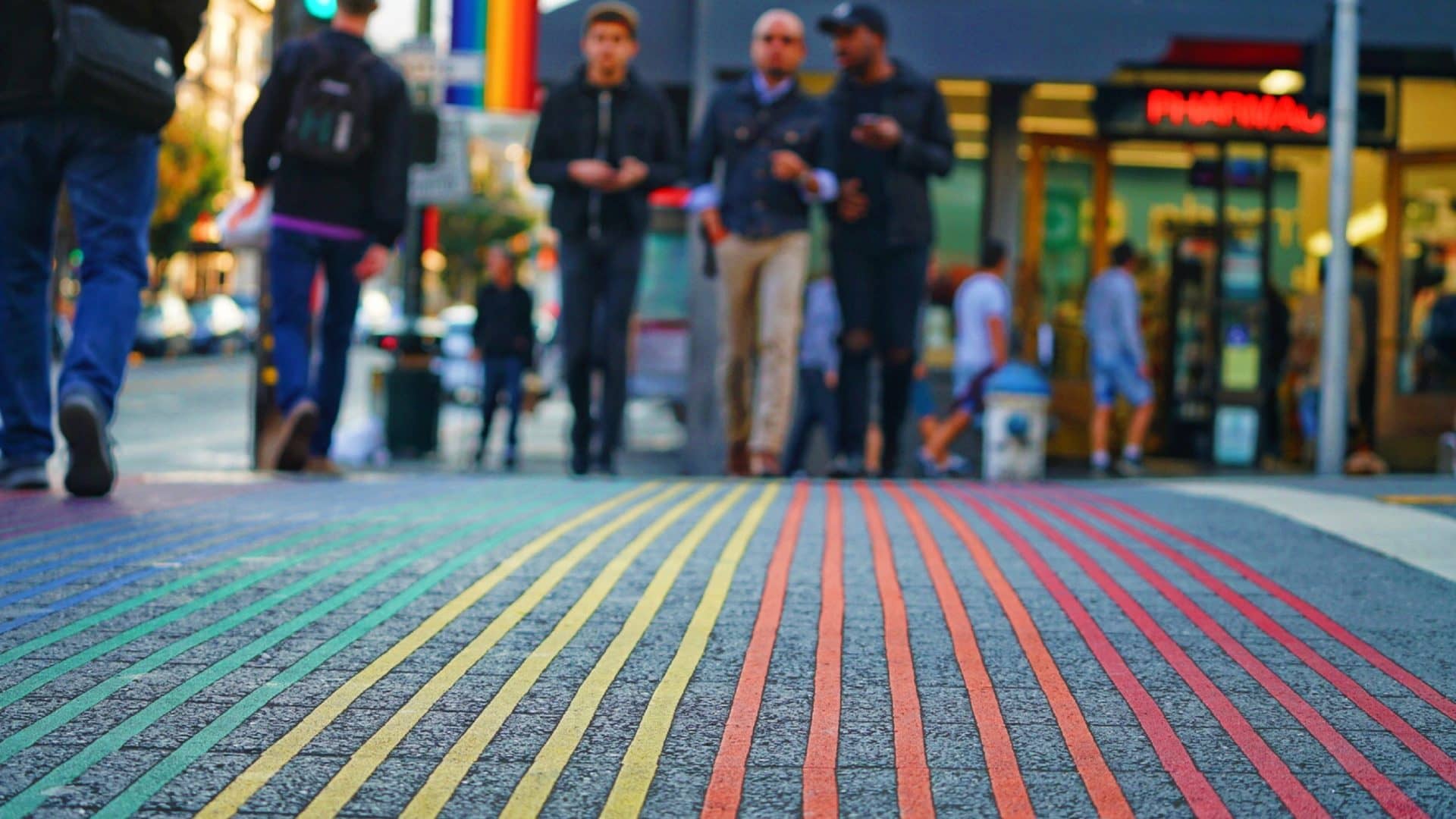My Cultural Experience
“La Cultura Cura” or “culture cures” is a phrase I am all too familiar with now. It’s repeated at the agency I work at on a weekly basis. It’s such a crucial component of the work that it’s part of the agency’s philosophy and foundation. When I first heard it 2 years ago, I couldn’t help but feel a certain level of disagreement. For most of my life growing up, culture was not only a daily reminder of my sense of disconnection from my family but also a part of me that I wanted to lose. Culture was what forced me to stay in the closet, it was what created guidelines that I did not want to follow and, overall, it’s what felt like an invisible anchor holding me down and keeping me from feeling free and independent. Culture was a part of myself that I did not fully understand, but that I also couldn’t escape from. No matter how often I tried to defy everything about myself, from avoiding the use of Spanish, rejecting my family’s traditions, making non-Latinx friends, and moving hundreds of miles from my family, I still felt a void. There was an element of anger associated with this void. It took years for me to realize that most of this anger stemmed from feeling rejected by my own people. This sense of abandonment occurred over many years. You see, being a Latino male comes with certain expectations. These expectations are not always considerate of the individual’s needs and can create a high level of stress. My family had expectations. They expected me to be straight, to get married, have children, go to church, buy a home, and eventually take care of my parents in old age. It eventually became obvious that I would not meet all of these expectations. There was a sense of loss going through this process for me. On the one hand, I felt that I had failed my family as a son for being gay. But on the other hand, I felt a sense of freedom knowing that I could escape and live my life how I wanted. It was not until years later that I had to revisit a lot of the pain I carried from all the years of constantly being rejected and developing internalized homophobia. Culture is powerful and I now realize that it not only hurt me, but it has also saved me. It saved me by reintroducing me to powerful values and a history that I was unaware of until only a couple years ago. It introduced me to another dimension of my identity where I could be Latino and gay. There is something powerful in rebirth and understanding that our identity is complex, ever-changing, and significant.

What Barriers Keep LGBTQ Latinx Individuals From Coming Out?
Being gay is still considered a taboo in the Latinx community and Latinx individuals continue to experience higher level of stress during the coming out process. After all, it’s important to understand that for individuals in the Latinx community being ousted from your family or community is not only detrimental to our well-being but impacts us at a deeper level. This is because many of us are raised to depend on our family and rely on our community for strength. These survival instincts are deep-rooted in our identity and drive our view of the world. Because of this, many Latinx LGBTQ people take years and may never fully come out. There is a real fear of being rejected and losing our families. We have so much at stake to lose that “coming out” isn’t always a simple process. Not only do we consider the shame that can loom over our family name, but we also consider the challenges that come about with having to educate our families about what it means to be LGBTQ. Many Latino families are still highly religious and often have misinformation about the LGBTQ+ community. Much of this information can stem from old research and outdated information that continues to be passed along. Latino families are also highly suspicious of outside support like therapy and often opt to deal with problems internally. This can create a large amount of tension and disagreement between individual members. Many often argue that because of these and other factors, the coming out process, or “coming out of the closet”, for Latinx individuals greatly differs from our Anglo counterparts. According to an article posted by the Human Rights Campaign, “While many non-Latina/o LGBTQ+ people first come out to only one or two family members, the close proximity of many typical Latina/o families often makes that option difficult”. Most Latino families are usually large in size and composed of multiple families. These groups are often enmeshed and function as a conglomerate from which families interchange emotional and physical resources. This element can create a challenging experience for Latinx individuals coming out and having to deal with multiple individuals at once. The same cultural strengths that have allowed the Latino community to survive years and years of oppression can often keep those same individuals oppressed within the group. I previously shared a post about my experience growing up as a gay man and how I developed survival strategies such as lying and keeping secrets to navigate through my childhood. In case you didn’t get a chance to read it, click here to read that post.

It’s important to remember that Latino’s are not a homogenous group. Far from it, Latinos are composed of many different cultures, accents, traditions, histories, and come from various countries. Yet, many of these cultures share similarities such as those mentioned above. Other similarities include the patriarchal orientation of many of these groups where males often serve as the leaders and head of the family. Respect for elders and traditions is also another commonality that appears to come across as a universal trait for many of these groups. These aspects, although provide, strength can also create a dissonance and barrier for individuals in the LGBTQ+ community. Research that has been conducted to explore some of the obstacles in the coming out process for Latinx individuals shows that many Latino individuals continuously site religiosity, gender socialization, patriarchal traditions/machismo, familismo (importance of membership in the family of origin), immigration/acculturation, and geographic location as reasons for not disclosing. This is not to say that culture is not a good thing. On the contrary Latinx cultures have a variety of strengths and wonderful traditions. The focus here is on culture’s impact specifically on the coming out process for Latinx LGBTQ+ individuals.
Practicing Cultural Humility
As the world continues to shift, many of these obstacles are being challenged by the younger generation. With new media exposure, cultural shifts, and government policies adapting to support LGBTQ+ individuals in Latin American countries, many Latino individuals are now being provided new information and exposure to the LGBTQ+ community. This, of course, will take time and does not mean all Latino individuals are exposed to this new shift immediately. Yet, it’s important to understand that this information provides insight and cultural humility as many of these cultural attributes continue to be a part of many Latino families’ ways of life. When supporting a Latinx family member, friend or colleague always remember that coming out is a complex experience that includes a multitude of considerations. Instead, offer support by listening, being patient, and helping find information. Connecting with other individuals that are dealing with similar experiences can make a huge difference in the process. Many mental health professionals are now becoming more aware and focused on understanding these cultural differences. Yet, it’s important for the individuals experiencing this process to find a therapist that can support them in this journey. This may include mental health professionals with a similar cultural background, sexual identity, and gender. However, each individual is different and may benefit from the therapeutic process as long as they are working with a therapist that is empathetic to their experience.
Resources
https://www.hrc.org/resources/family-and-coming-out-issues-for-latinas-and-latinos
journal.minotstateu.edu/crsw/article/download/426/180
Luis is a Licensed Marriage & Family Therapist who graduated from Long Beach State University with a Masters degree in Counseling Psychology (2015). He also has a Bachelors's degree in Child and Adolescent Development with an emphasis on Public Policy from San Francisco State University (2011). Luis has over 9 years of experience working with children and families both in education and mental health. Previously, Luis worked for a non-profit agency in San Francisco, CA providing mental health consultation in early head start programs and SFUSD pre-schools. Currently, Luis works at Kaiser in San Francisco providing mental health services.
His therapeutic interests include working with Trauma, the LGBTQ community, Children, Families, Couples, and POC. His personal interests include; Films, Reading, Writing, Art, Travelling, Disney, and Food. He is also a recipient of the California State Stipend award (2015). PsychoSocial is part of Luis' dedication to mental health and an example of his passion to educate others. Luis hopes that through PsychoSocial he will be able to help in the fight to end the stigma around mental illness.
#EndtheStigma
-
Luis Cornejo, LMFThttps://psychosocial.media/author/psychosocial/September 18, 2017
-
Luis Cornejo, LMFThttps://psychosocial.media/author/psychosocial/January 28, 2018




















